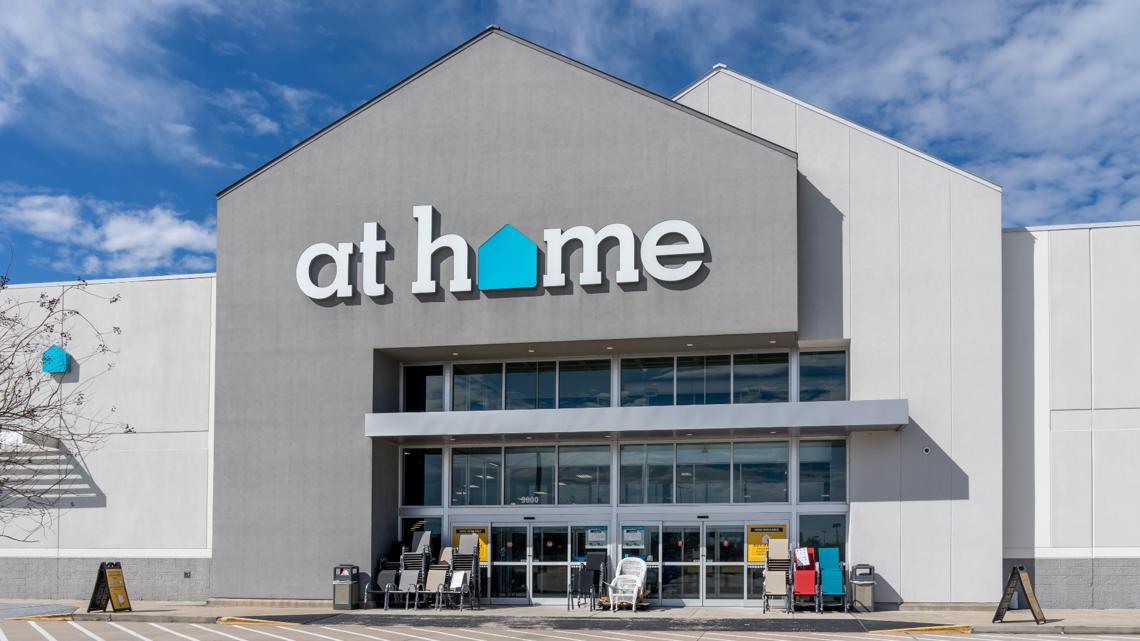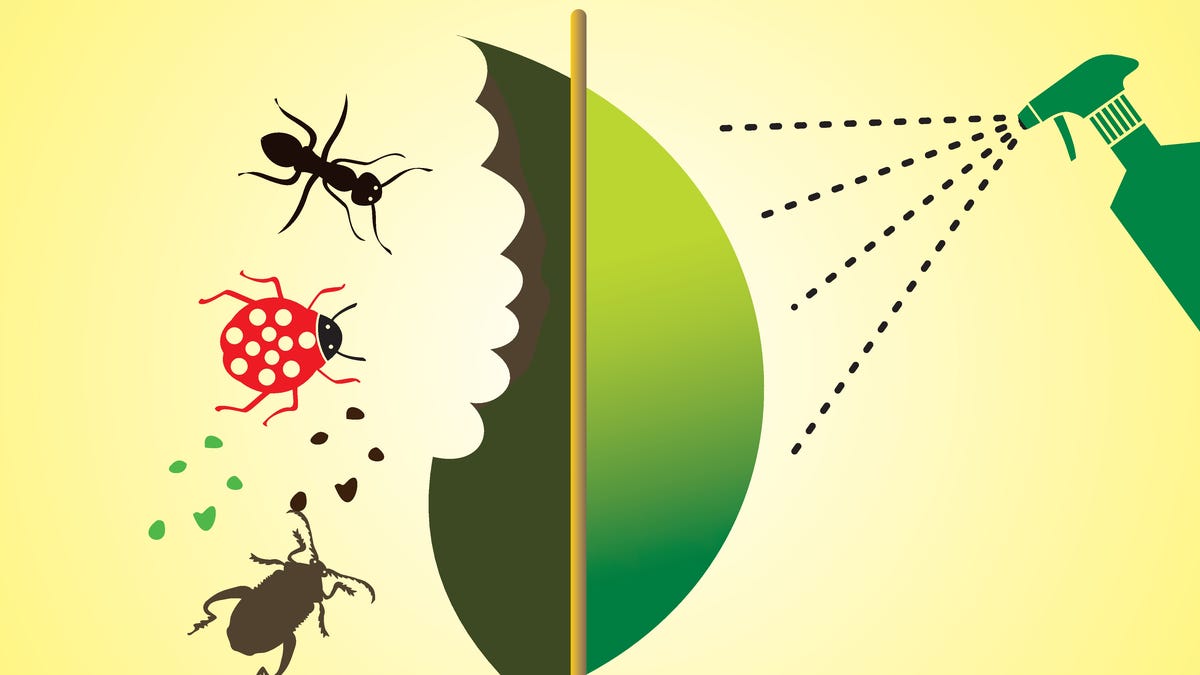What is gardening? Such a simple question, right?
I have been in several different social and business settings the last few weeks, and people always say to me, “Oh, I don’t have a yard for a garden” or “How can I garden when I live in an apartment or condo?” The truth of the matter is that a garden is what you decide it will be. Gardening is the practice of growing and cultivating plants.
Gardening can take on many forms depending on purpose, space and personal preference. Which type are you drawn to?
- Ornamental gardening focuses on growing plants for their beauty, creating visually appealing landscapes with flowers, shrubs and trees.
- Vegetable gardening centers on growing edible plants for consumption.
- Container gardening involves growing plants in pots, planters and other containers rather than directly into the ground.
- Indoor gardening brings plants inside homes, adding natural elements to interior spaces and improving air quality.
- Community gardening creates shared spaces where people collectively grow plants and foster community connections.
While gardening is often seen as an art form, it’s deeply rooted in scientific principles. Botany helps gardeners understand plant structure, patterns and reproductive cycles. Soil science guides decisions on soil compositions, pH balance and nutrient requirements. Entomology helps with pest management strategies and the benefits of insect attraction. And meteorology helps gardeners plan around weather patterns.
Gardening offers remarkable benefits beyond just the plants themselves.
Physical activity while gardening burns calories and builds strength. The exposure to Vitamin D from sunshine strengthens bones and immune systems. Studies show gardening reduces stress hormones while increasing mood-boosting endorphins. Many gardeners describe entering a meditative state while tending plants, providing mental respite from daily pressures. I love to do a garden walk every morning with my pets and my coffee; it gets me mentally prepared for the day.
Beginning gardening doesn’t require extensive space or expertise.
- Start small with a few plants suited to your climate and available light.
- Learn about your growing zone to choose appropriate plants.
- Understand your soil composition or choose appropriate potting mix.
- Establish regular watering and maintenance routines.
- Observe and learn from both successes and failures.
- Attend lectures and workshops to gain knowledge.
Gardening is a continuing journey. Many experienced gardeners often say they never stop learning, with each season bringing new challenges and insights. The cyclical nature of gardening — planting, growing, harvesting and preparing for the next season — creates a rhythm that connects practitioners to natural cycles in a way few other activities can. There is one thing I am sure of and that is my garden will never be done.
Whether tending acres of land or nurturing a single potted plant on a windowsill, gardening invites us to slow down, observe closely and participate in one of humanity’s oldest traditions: cultivating relationships with the plant world that sustains us all.
Happy gardening!








